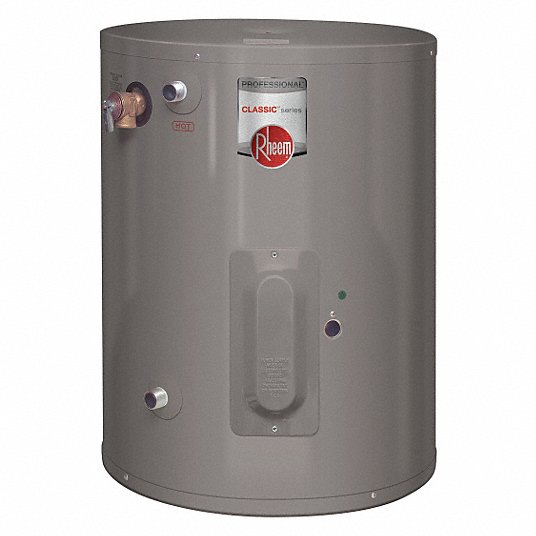Vital Steps Homeowners Should Follow While Addressing Malfunctioning Heating Units
Vital Steps Homeowners Should Follow While Addressing Malfunctioning Heating Units
Blog Article
Every person has their own unique assumption when it comes to What Do You Do When Your Water Heater Bursts?.

Whether it is situated in the cellar or a separate room, busted water heating units can trigger stress and anxiety. Having no warm water supply is also problematic.
Call the Plumber
After doing the first two security actions, you need to call your plumber to come right away to deal with a fractured water heater. There are usually signs that your aging water heater has sediment build-up in the inside.
Instead, as quickly as you find these indicators, have a specialist come to examine your water heating system tank. Normally, water heating units have a life expectancy of regarding 8 to 12 years.
Cut Off the Cold Water Supply
Cut off the tanks touch water supply from the resource. When your storage tank is in great problem, the chilly water quits filling up when the storage tank is complete. If you can not find it or reach it, you need to transform off that major water supply line outside your property.
Shut Down Source Of Power
Before calling the plumber, closed off a gas water heating system by transforming the temperature dial. This will avoid electrocution, specifically if there is a leak as water is a conductor. Usually, the home heating element shuts off when the water hits a particular temperature.
Tidy up Building
After calling the plumber, record damages by keeping in mind and images so you can claim your homeowner's insurance coverage. From there, start the instant cleanup. Secure any crucial items to avoid further soaking. Get rid of any standing water to avoid mold and mildew and also mold growth. Make use of that to drain the water if you have a completely submersible water pump. Otherwise, the conventional container approach will certainly additionally function. Attempt to wipe out everything, including walls as well as wall surfaces. Keep them running to maintain air distributing if you have an electrical fan and also dehumidifier. This will assist discourage mold growth.
Keep in mind, if you discover any type of issues with your water heating unit, call the pros right away. You can not take this trouble lightly since a malfunctioning thermostat can raise water temp to a hazardously high level, leading to unintentional burns.
After doing the first 2 security actions, you should call your plumber to come right away to fix a fractured water heating system. Rather, as quickly as you identify these signs, have a specialist come to inspect your water heater storage tank. Prior to calling the plumber, closed off a gas water heating system by transforming the temperature level dial. If you have a submersible water pump, use that to drain the water. Keep in mind, if you discover any type of concerns with your water heating system, call the pros right away.
When You Should Turn off Your Water Heater
When the main water supply is shut off
There are many circumstances in which the main water supply is turned off. When this happens, many homeowners wonder if it’s safe to keep the water heater on of it should be shut down too.
In most cases, it may not be necessary to turn off the water heater, but it also won’t hurt, either. However, there are two reasons when you should turn off the unit to prevent too much pressure or heat from building up inside the tank:
When there’s a leak
If your water heater springs a leak due for a variety of reasons, including age or a valve malfunction, you should always turn off the unit and shut off the water supply until the issue is resolved.
https://www.libertyplumbingheatingandair.com/blog/when-you-should-turn-off-your-water-heater/

As a keen reader about Maintaining & Draining a Water Heater, I think sharing that information was appropriate. Liked our article? Please share it. Help others find it. Thank you so much for your time invested reading it.
Tap issues? Ring! Report this page